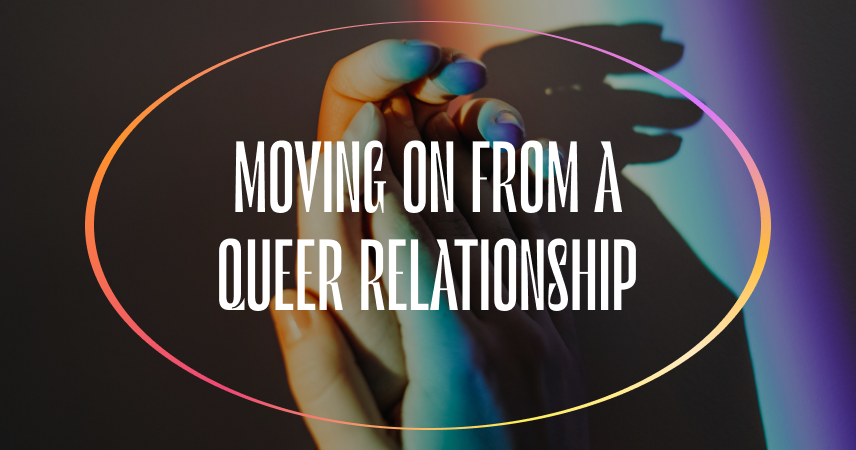
There is a grieving process for such endings. You are probably in pain, miss your partner, still have strong feelings of love for them, and you may be depressed and ready to crawl into a shell. It’s all normal. But you do want to get over the pain as soon as possible. Here are some tips that will help you do just that.
Purge the Relationship
This is a step-by-step process.
-
Let the pain envelop you. Give yourself the right to feel and express that pain. You will cry; you will agonize over the loss. If you try to hold all of this in, put on a stiff resolve, and pretend that you are not in pain, you will not ever be truly over it and able to move on to the next step.
-
You will probably go through a short period of denial. Maybe it shouldn’t be over after all. Maybe you can fix it. Maybe your partner will change. This is where strength and resolve must take over. You can’t “fix” anyone; their behaviors won’t change just because you will. Move on to the next step.
-
Anger. While anger is usually a negative emotion, sometimes it’s a good thing. If your queer partner cheated on you; if your partner fell into substance abuse; if your partner became emotionally or physically abusive, you have every right to be angry. These behaviors destroyed the relationship you once had. And you have every right to feel that anger.
-
Acceptance. Once you get through the pain, denial, and anger, you will reach this step. You will accept that the partnership is over, and over for good. It’s a relief, actually. And you will experience a sense of peace from that. You will be ready to move on and start dating again.
Make a List of the Lessons Learned
Once you reach the acceptance stage, it’s time to analyze what went wrong and why. Every relationship is unique, but there are some common things that make a relationship “no good.”
-
One partner is unfaithful
-
One partner is a narcissist – it’s all about them and they drain their partner, emotionally and often financially
-
The relationship is co-dependent. One partner has serious faults – gambling, drug abuse, etc., – and the other enables them by making excuses, bailing them out, and such
-
One partner is emotionally and/or physically abusive
-
One partner is controlling – this is a combo of narcissism and a form of abuse
This is not a complete list, of course.
Now the question is, how did you contribute to the “wrong” relationship? Some of the answers are in the list above. You enabled, you allowed, you overlooked, and you made excuses for your lover’s bad behavior. By doing this, you “told” your partner that they could continue that behavior with no consequences. Now you are telling that partner that you are through doing these things.
All of this analysis leads you to the next step.
Setting Your Boundaries
You may never have thought of boundaries before. In short, these are non-negotiable lines that are deal-breakers in a relationship. Or you may have had them at one time, but love got in the way, and they were ignored. No more.
Make a list of your non-negotiables. Read them daily. Keep the list close by. If you begin a new relationship, be certain that you communicate these boundaries to that partner.
Learn to Be Alone with Yourself
There is a huge difference between being lonely and being alone with yourself. When you end this relationship, expect to be lonely. You miss your partner – it’s normal. One of the ways to counter this is to spend time with friends and family. Another is to get involved in volunteer work or become more active in LGBTQ+ causes and events. Be a proud queer who has more personality facets than just being in love. But, beyond this, it is also a time to be alone with yourself.
What does being alone with yourself accomplish? It provides the time to get to know yourself better, to become a better you, and, yes, to love yourself more. Read, paint, take an online class, and think about things on your bucket list and how you will start checking them off. All of these things will expand your personal horizons and renew your sense of self-worth.
Move Forward to a New Queer Relationship
You may never truly move on from the deep love you had for your partner. You may always feel it deep within. But you have put it in its rightful place – the past. Moving forward means you are ready to get out there and seek a partner that meets your new expectations and treats you like the king or queen you are.
The Final Word
A breakup of a long-term relationship is painful, even if it was a bad one. You can wallow in a pity party or you can take positive action to get through the pain and emerge a wiser, self-assured person ready to find what lies ahead. Take the latter course.





